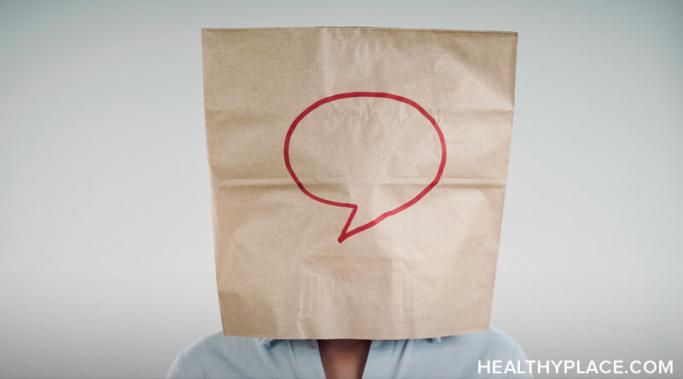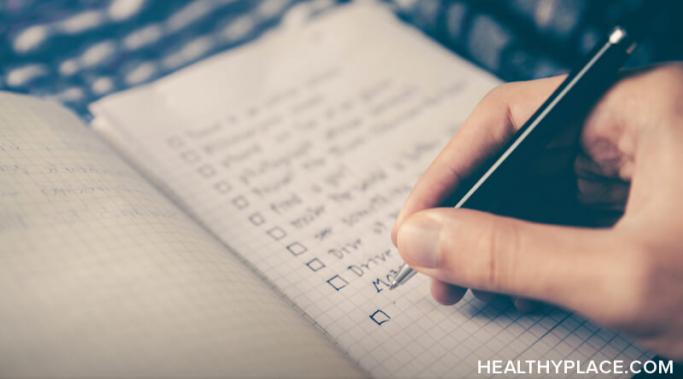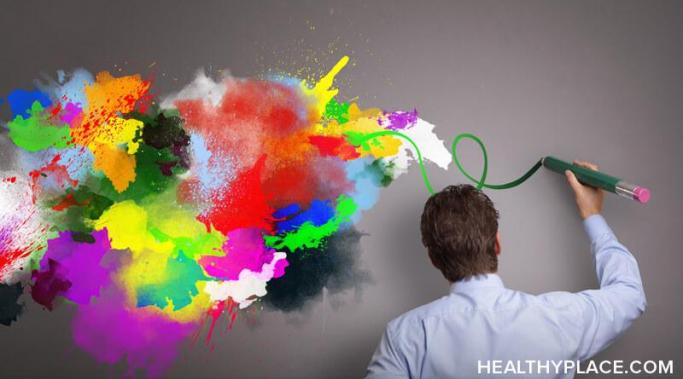If you have difficulties with friendships and mental illness, you're not alone. Friendships are trickier than TV or movies make them seem. Also, living with mental health challenges--whether it's a diagnosed mental illness, personality disorder, or anxious thoughts and low mood that aren't diagnosable but still bothersome--adds a layer of difficulty to things that other people take for granted. You don't have to be forever frustrated by friendships or the lack of them. By starting with yourself and gradually moving outward with purpose, you can have quality, meaningful friendships no matter what mental health challenges you may face.
Living With Mental Illness
It's tricky to determine when to get help for depression. You, like me, might think: "Am I even depressed, or am I just lazy?" or "Why am I making such a big deal out of this?" I tried to convince myself that I didn't need professional help, that I could figure it out on my own. But getting help for depression was one of the bravest and best choices I've ever made.
I'm not great at mental illness recovery. How do I know I'm getting better? A lot of the time, I can't even see progress. I think I'm improving, and then my mental health takes a dive. It feels like this will never end. And maybe it won't. I will probably deal with mental illness for the rest of my life, so I've found some useful tools for measuring my progress in mental illness recovery.
It's one of those days--the days where I can't get out of bed for fear of the day ahead, where I neglect to take my medication, where I cancel all plans and call in sick. I need something to make me feel better. Instinctively, I feel drawn to binge-watch my favorite TV show. That's the easiest way to forget my feelings, right? However, I know that I must replace my unhealthy coping skills with healthier ones.
It's difficult to know what to do during a panic attack, especially because completing even the simplest tasks feels like my head might explode. When I have a panic attack, I feel helpless and terrified and can't focus on anything else. Learning to cope has been a messy process, but over time, I have gotten better at it. Here's what I do during a panic attack.
You might feel hesitant to talk about your mental health with others. Mental health problems are often accompanied by crippling shame that prevents you from wanting to reach out for help. Shame also lies to you, saying that you are a burden to others and that no one is as messed up as you are. But if you feel that way, it is time to start talking about your mental health.
Perfectionism, in my opinion, creates unhappiness and is frequently misunderstood. Many people think that a perfectionist is just someone who has color-coded planners or follows all the rules. They can't observe the self-criticism and constant disappointment lurking in a perfectionist's deepest thoughts. Perfectionists make the best task-doers, but often, they are the most unhappy.
Boredom and anxiety coincide like clockwork--when you finish that assignment, when your shift ends, or when you turn off the light to go to sleep, your thoughts start to spiral. As soon as you allow your mind to wrap around itself, anxiety sets in.
When your mental illness impacts your relationships, it can harm your self-esteem and your happiness. From the time we're infants, we are bombarded with depictions of love and belonging, usually in an idealistic film or a sappy novel. It's natural that we stumble into the desire for those same kinds of relationships. We have an innate need for it--we yearn to love and be loved.
The ups and downs of depression flow in and out of your life. You sometimes feel great for a few weeks. You're motivated, you're social, and you're actually experiencing emotions. It seems as though you're finally back to what feels like normal. Then you crash. The depression comes over you like a dark cloud, and everything seems hopeless. The ups and downs of depression are so discouraging. When it seems like it's all over, the depression will sneak up on you and take over your life again.









